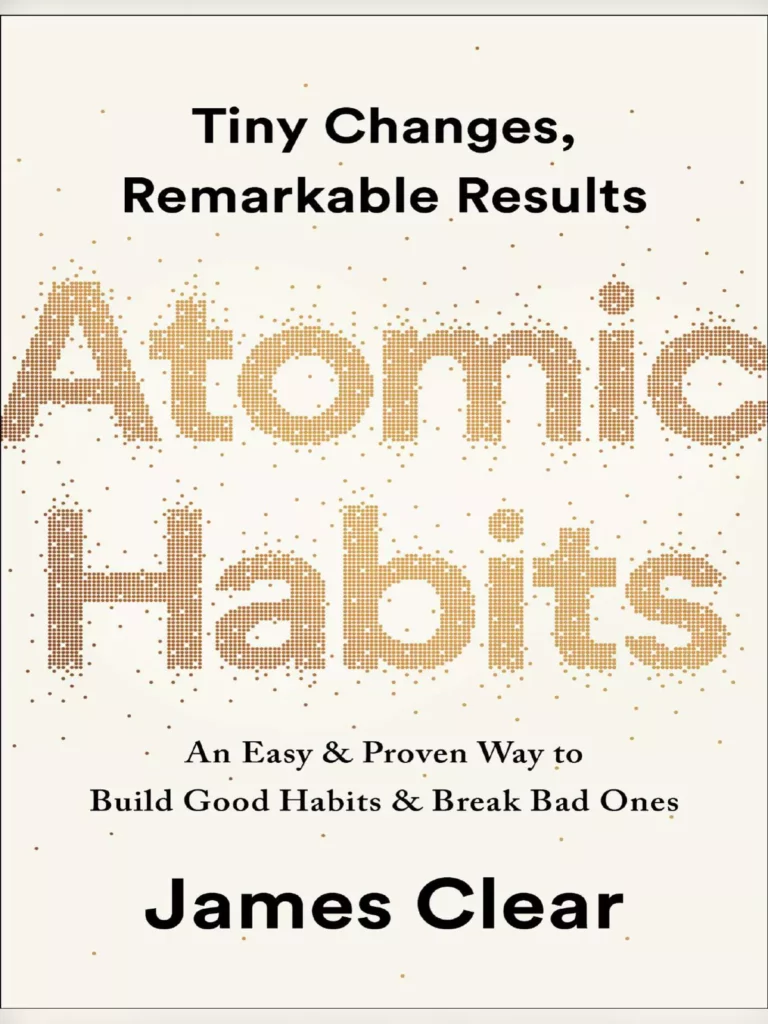Introduction
Politics is like the heart of a society, where important decisions for the future are made. If you are interested in learning more about government, rules, and the things that change politics, Then read these Politics Books. you will learn about different ways of thinking about politics, how countries work together, and who has the power in the world.
1. The Power by Naomi Alderman - Politics Book.

In This Politics Book, The novel narrates the tale of a universe where women acquire the sudden capability of electrocuting individuals with their own hands. The literary work delves into the potency of women, the hazards of unbridled power, and the likelihood of both positive and negative outcomes
2. Spare by Prince Harry - Politics Book.

In This Politics Book, The Duke of Sussex’s memoir has been praised for its striking and revealing content. In the book, Harry delves into his experiences within the royal family, his interactions with his brother and father, and his choice to withdraw from his royal responsibilities.
3. My Russia: War or Peace? by Mikhail Shishkin - Politics Book.
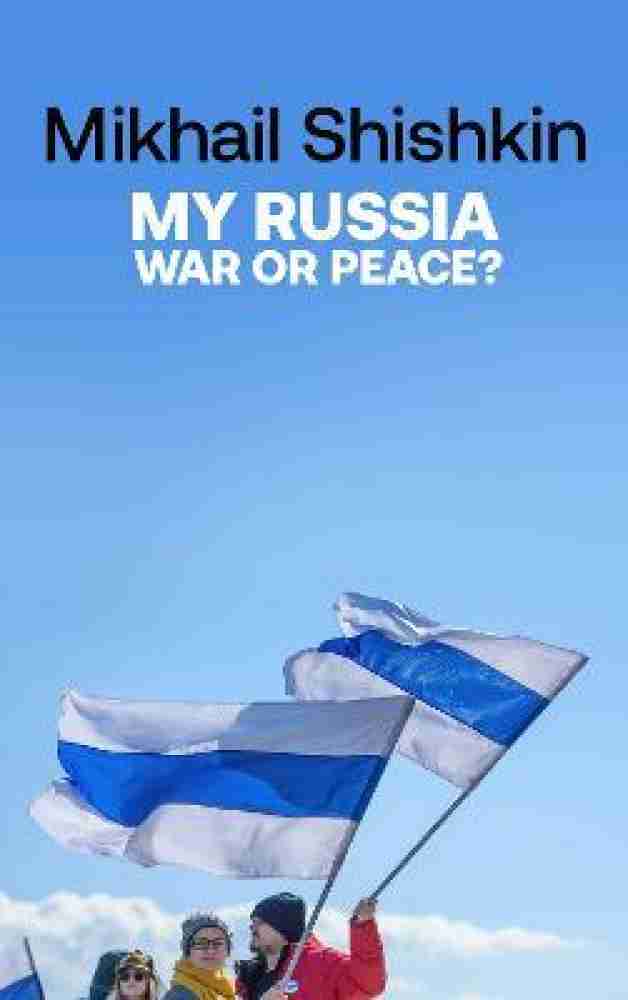
In This Politics Book, This book presents the viewpoint that Russia is not an enigma or a puzzle, but rather a nation that has made a sequence of decisions resulting in its present condition. Shishkin directs attention towards President Vladimir Putin’s governance and his choice to initiate a military campaign in Ukraine.
4. "The Republic," by Plato - Politics Book.

In This Politics Book, Plato’s “The Republic” continues to hold significant importance in the realm of political philosophy, even after more than two millennia since its creation. Within this influential work, Plato delves into the essence of justice, the concept of an ideal society, and the crucial role of philosophers as leaders.
Considering this, it is worth discussing the extent to which Plato’s notions of justice and governance in “The Republic” align with contemporary political thought.
5. "Animal Farm" by George Orwell - Politics Book.

In This Politics Book, “Animal Farm,” George Orwell presents a thought-provoking commentary on political corruption and the misuse of power through the allegory of a group of farm animals. The novella’s portrayal of totalitarianism and political manipulation remains relevant in contemporary political contexts, prompting us to reflect on the dangers of unchecked authority and the importance of holding those in power accountable.
6.The Prince - Politics Book.

Niccolò Machiavelli’s “The Prince” is a renowned political treatise that explores the intricacies of statecraft and leadership. The author’s practical approach to politics has been a subject of intense debate for centuries. One of the most famous quotes from the book is “It is better to be feared than loved, if you cannot be both.” In light of this, how do Machiavelli’s political strategies in “The Prince” apply to contemporary political leadership?
7. "The End of History and the Last Man," by Francis Fukuyama - Politics Book.
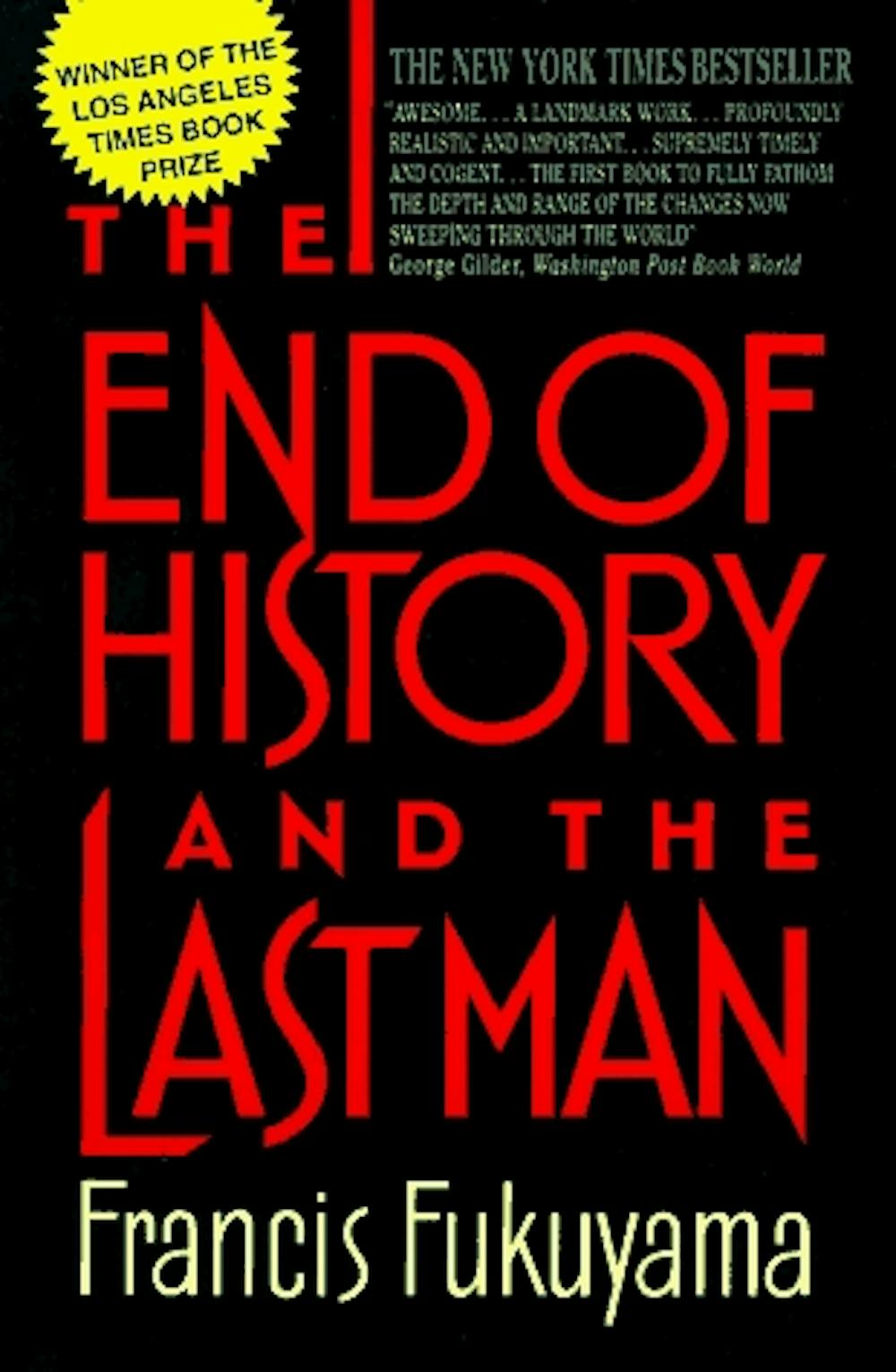
Francis Fukuyama’s thought-provoking argument in “The End of History and the Last Man” proposes that the concept of liberal democracy could potentially signify the culmination of humanity’s ideological progression. In light of this, it is pertinent to consider how Fukuyama’s notion of the “end of history” aligns with ongoing discussions regarding the trajectory of democracy and global politics.
8. Tremor, by Teju Cole - Politics Book.
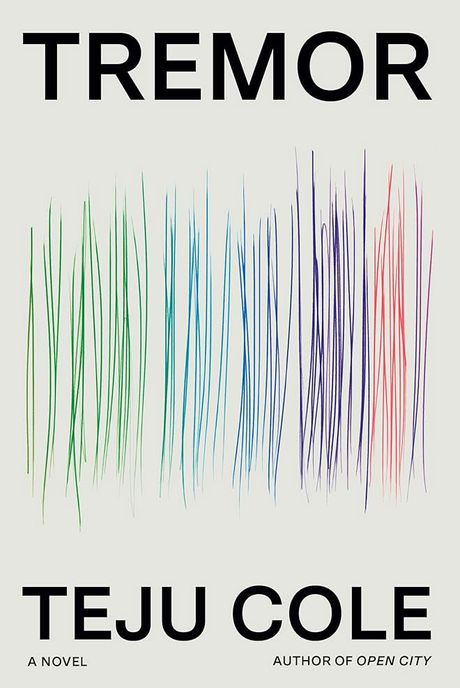
In This Politics Book, Teju Cole, known for his photography, has recently shifted his focus to essay writing. However, in his latest work, Tremor, he returns to the novel format after a hiatus of 12 years. In this novel, Cole combines his analytical nature with the life of the protagonist, Tunde, who, like Cole, is a professor at Harvard University. Tunde’s story begins with his separation from his wife, Sadako, and explores the ethical implications of his various roles as a lecturer, workshop leader, photographer, traveler, and observer. Cole delves into the question of how one can create or appreciate art without assuming a position of dominance. Throughout the novel, he examines pastel drawings by a notorious American serial killer, a lesser-known painting by a Flemish master, Ingmar Bergman’s film Winter Light, Sadako’s meticulously maintained garden, and Tunde’s own photographs capturing someone else’s “private property.” Fans of essayistic novels such as Elizabeth Costello by J.M. Coetzee and the Outline trilogy by Rachel Cusk will find Cole’s vision intriguing.
9. People Collide, by Isle McElroy - Politics Book.
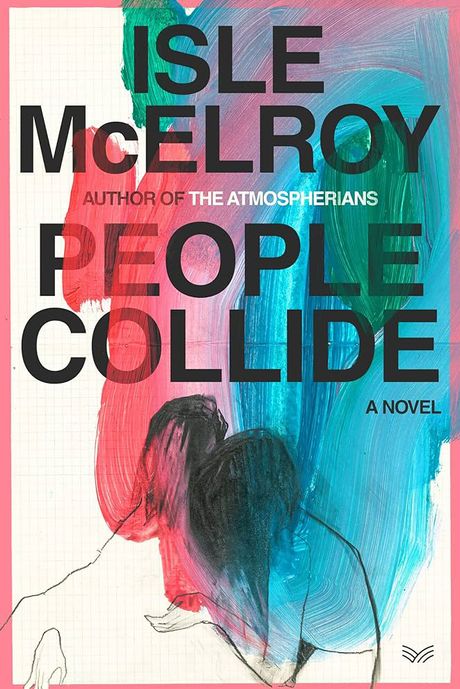
Isle McElroy’s sophomore novel, People Collide, showcases their versatility as a writer. While their debut, The Atmospherians, used absurdity to critique toxic masculinity, People Collide delves into profound philosophical musings on bodies, gender, alienation, and love. The body-swap narrative device is not a mere gimmick in McElroy’s hands, as they explore the interplay among power, sexuality, and subversion. The protagonist, Eli, immediately acknowledges the gender roles that are upended when he finds himself in his wife’s body. McElroy’s thought-provoking questions about our expectations of ourselves and others, as well as the limitations of love, will stay with readers long after they finish the book.
10. The Fraud, by Zadie Smith - Politics Book.
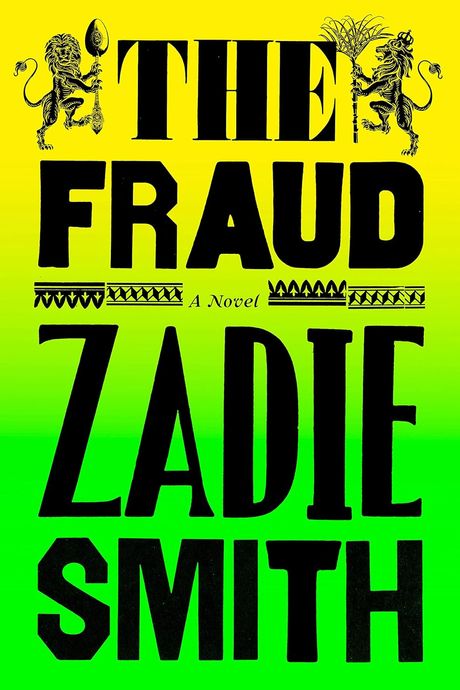
In This Politics Book, For decades, Eliza Touchet has been employed as a maid by William Harrison Ainsworth, a novelist whose popularity has significantly declined. Although William, her cousin through marriage, briefly outsold Charles Dickens, his true talent lies in his naive sociability, even with writers who secretly or openly ridicule his incredibly tedious books. In one of the novel’s funniest moments, Smith reprints a portion of text from a real-life Ainsworth novel, which is an unreadable tangle of description. Eliza, who is too intelligent for most of the people around her, including William’s new wife, who is obsessed with a trial involving a poor man who claims to be the lost heir to a vast fortune, does not have much respect for him either. However, Eliza eventually becomes embroiled in the media frenzy surrounding the case, forming an uneasy acquaintance with its star witness, Andrew Bogle, a formerly enslaved man. Zadie Smith has stated that her new novel is an effort to truly comprehend who the Victorians were. In The Fraud, they are as diverse, strange, and optimistic as any of us. – Emma Alpern.




